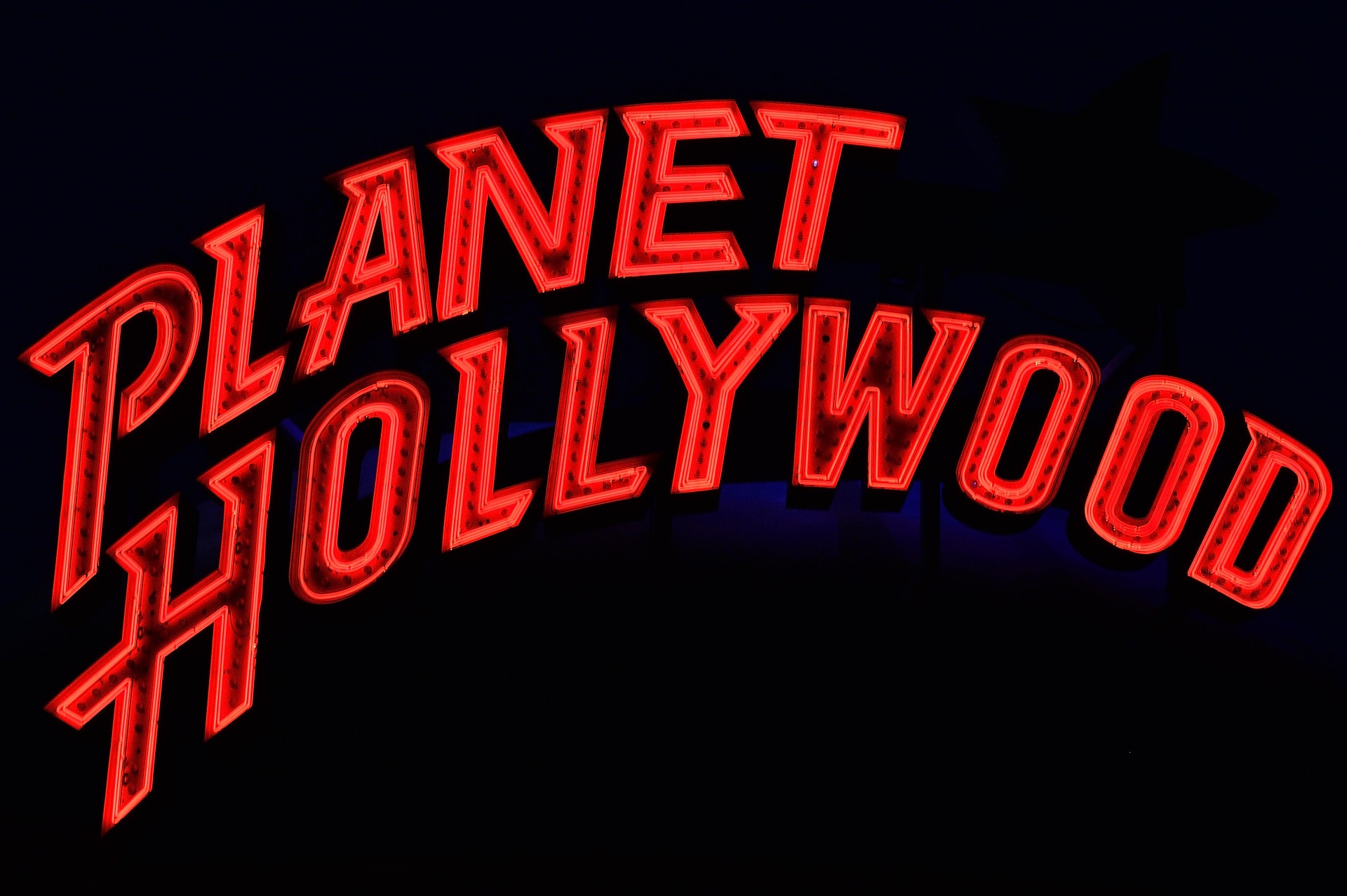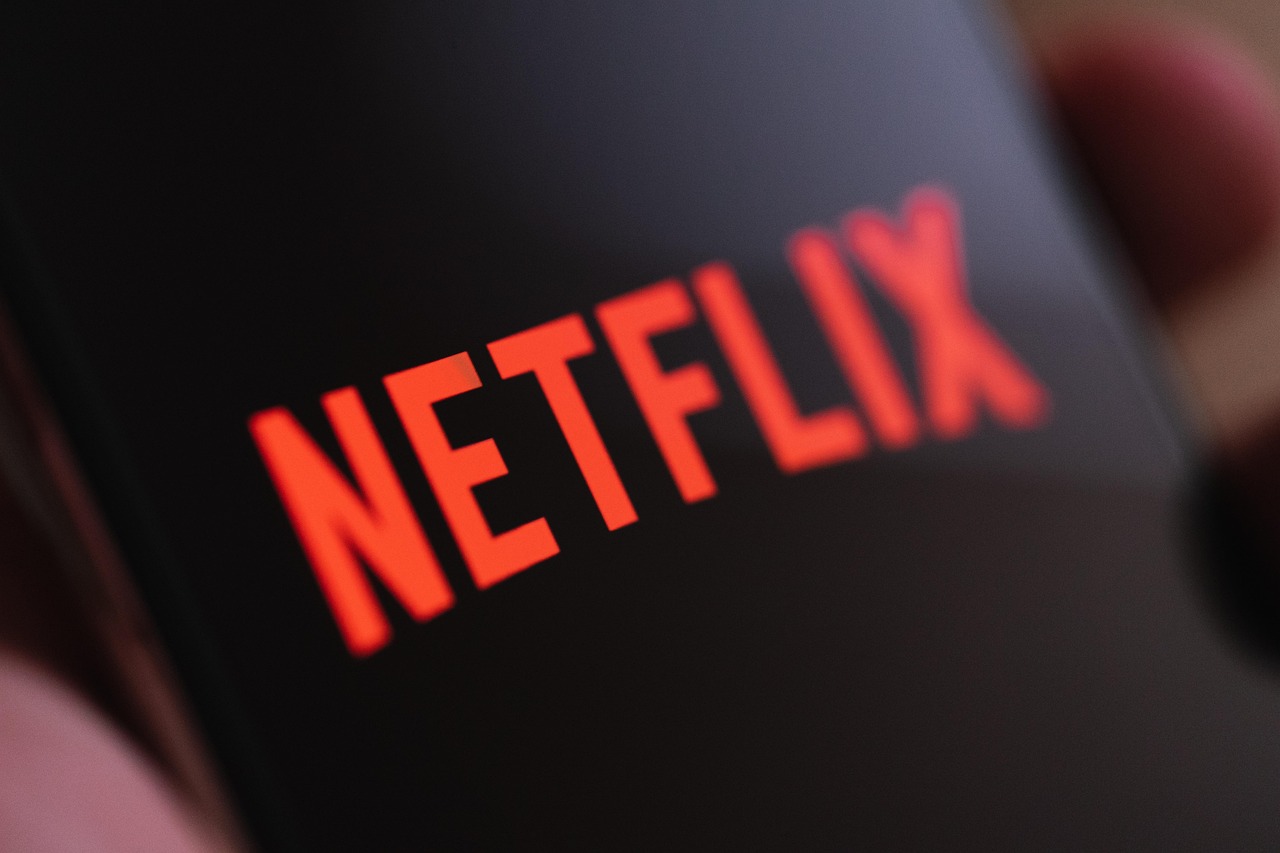The Vibrant Tapestry of Afrofuturism in Contemporary Cinema
Afrofuturism, a genre that combines elements of African diaspora culture with technology and a futuristic outlook, has been delicately weaving its narrative into the fabric of modern cinema. This article uncovers the vibrant tapestry of Afrofuturism as it continues to redefine the cinematic landscape with its innovative storytelling and audacious creativity.

Afrofuturism: Bridging Past, Present, and Future
The term Afrofuturism was coined by cultural critic Mark Dery in a 1993 essay titled “Black to the Future.” Afrofuturism is a cultural aesthetic, philosophy, and movement that explores the African diaspora’s history and future through a science fiction and technological lens. It provides a platform for marginalized voices, offering an alternative narrative to explore race, identity, and technology, bridging the gap between past, present, and future.
The Emergence of Afrofuturism in Cinema
Afrofuturism began its cinematic journey subtly, with films such as “Space is the Place” (1974) and “Brother from Another Planet” (1984) laying the groundwork. These early works combined African mythology and culture with science fiction elements, offering a fresh perspective on the African diaspora experience. The genre’s evolution in cinema mirrors the changing societal attitude towards cultural diversity and representation.
A New Era: Afrofuturism in the 21st Century
The 21st century marked a significant turning point for Afrofuturism in cinema. Films like “Attack the Block” (2011) and “Sorry to Bother You” (2018) pushed Afrofuturist themes into the mainstream, but it was the cultural phenomenon “Black Panther” (2018) that brought Afrofuturism to the forefront of popular culture. The film’s portrayal of Wakanda, a technologically advanced African nation untouched by colonialism, reflected the Afrofuturist vision of an alternative African future.
The Impact and Reception of Afrofuturism in Cinema
The Afrofuturist movement has not only influenced cinema but also significantly impacted cultural discourse and representation. Afrofuturism’s presence in cinema has sparked important conversations about racial identity, representation, and cultural heritage. The genre’s influence has been met with overwhelming support from critics and audiences alike, who appreciate the fresh narratives and perspective Afrofuturism brings to the screen.
The Future of Afrofuturism in Cinema
As we advance further into the 21st century, the future of Afrofuturism in cinema looks promising. The genre’s ability to challenge and redefine cinematic narratives makes it a powerful tool for cultural expression and critique. As filmmakers continue to explore and expand upon Afrofuturist themes, audiences can expect to see even more diverse and innovative narratives that reflect the African diaspora’s rich history, present, and future.
Afrofuturism represents a vibrant and vital part of contemporary cinema, offering a unique and much-needed perspective within the industry. By blending elements of African diaspora culture with futuristic themes, Afrofuturism continues to push boundaries, redefine narratives, and captivate audiences. As the genre continues to evolve, it promises to bring fresh, thought-provoking, and insightful stories to our screens.




